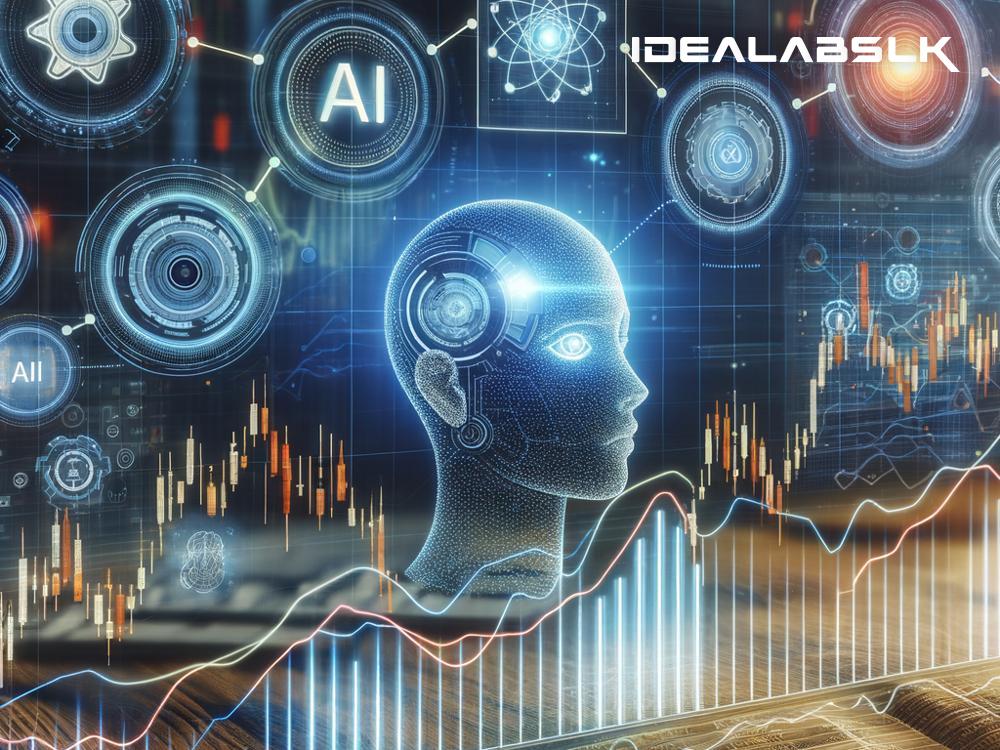The Future of Finance: How AI is Changing the Game in Stock Trading
In recent years, AI, or artificial intelligence, has become a buzzword not just in tech circles but also in finance. One of the most exciting areas where AI is making a big splash is in the stock market. Specifically, it's all about using big data to predict market movements. Let's dive into how this works and what it means for traders and investors alike.
First off, let's understand what we mean by 'big data.' Imagine collecting vast amounts of information - from stock prices and company news to tweets about a brand. All this data is incredibly valuable in understanding market trends, investor sentiment, and potential stock movements. But here's the catch: there's just too much of it for any human to process effectively. This is where AI comes in.
How AI Uses Big Data in Trading
AI, with its ability to crunch and analyze massive datasets swiftly, becomes our super tool. It uses algorithms (basically, a set of rules for solving problems) to sift through this data ocean. But AI doesn't just look for patterns; it can also learn from them, thanks to a technique called machine learning. This means the more data it analyses, the better it gets at predicting outcomes.
For instance, an AI system might notice that whenever a specific type of news hits the media, a particular stock's price jumps. Over time, it will learn to anticipate a price jump when similar news emerges, potentially before most human traders have even caught wind of the news.
The Benefits of AI in Stock Trading
-
Speed: AI can make predictions and execute trades at a speed no human can match. This is crucial in a world where stock prices can change in milliseconds.
-
Accuracy: While not perfect, AI systems can reduce errors in trading decisions by analyzing more data points than a human trader ever could.
-
Unbiased Decisions: Unlike humans, AI doesn't suffer from psychological biases. It won't hold onto a stock for too long out of sentiment or make risky bets based on a hunch.
Real-World Applications
Many hedge funds and financial institutions have already started using AI to get ahead in the game. They use AI systems not just for trading but also for portfolio management, risk assessment, and even for finding new investment opportunities.
Retail traders are not left out, either. While the most advanced systems might be out of reach for the average Joe, a number of trading platforms now offer tools powered by AI and big data. These can help individual investors make better-informed decisions, though it's essential to remember that no tool can guarantee profits.
Challenges and Concerns
However, it's not all smooth sailing. One major concern is privacy. Collecting and analyzing vast amounts of data, including personal information, raises significant ethical questions.
Moreover, as AI becomes more prevalent, there's the risk that the stock market could become even more volatile. If multiple AI systems make similar predictions and execute trades simultaneously, it could lead to dramatic price swings.
Furthermore, there's the fear of job displacement. As AI systems become more capable, the need for human traders might decrease, potentially leading to job losses in the sector.
The Way Forward
Despite these challenges, the integration of AI and big data in trading is likely to continue growing. The potential benefits in terms of increased efficiency, accuracy, and the ability to unearth new insights are too significant to ignore. However, it's crucial for the finance world to navigate this new terrain thoughtfully, with a focus on ethics, transparency, and inclusivity.
Conclusion
AI's role in using big data to predict stock market behavior is a game-changer in the trading world. It promises a level of speed and precision that was previously unthinkable, but it also raises important ethical and practical questions. As we move forward, finding the balance between leveraging AI's capabilities and addressing these concerns will be key to harnessing the full potential of AI in trading. For investors, staying informed about these advancements will be essential, as the landscape of the stock market continues to evolve at a breakneck pace.

